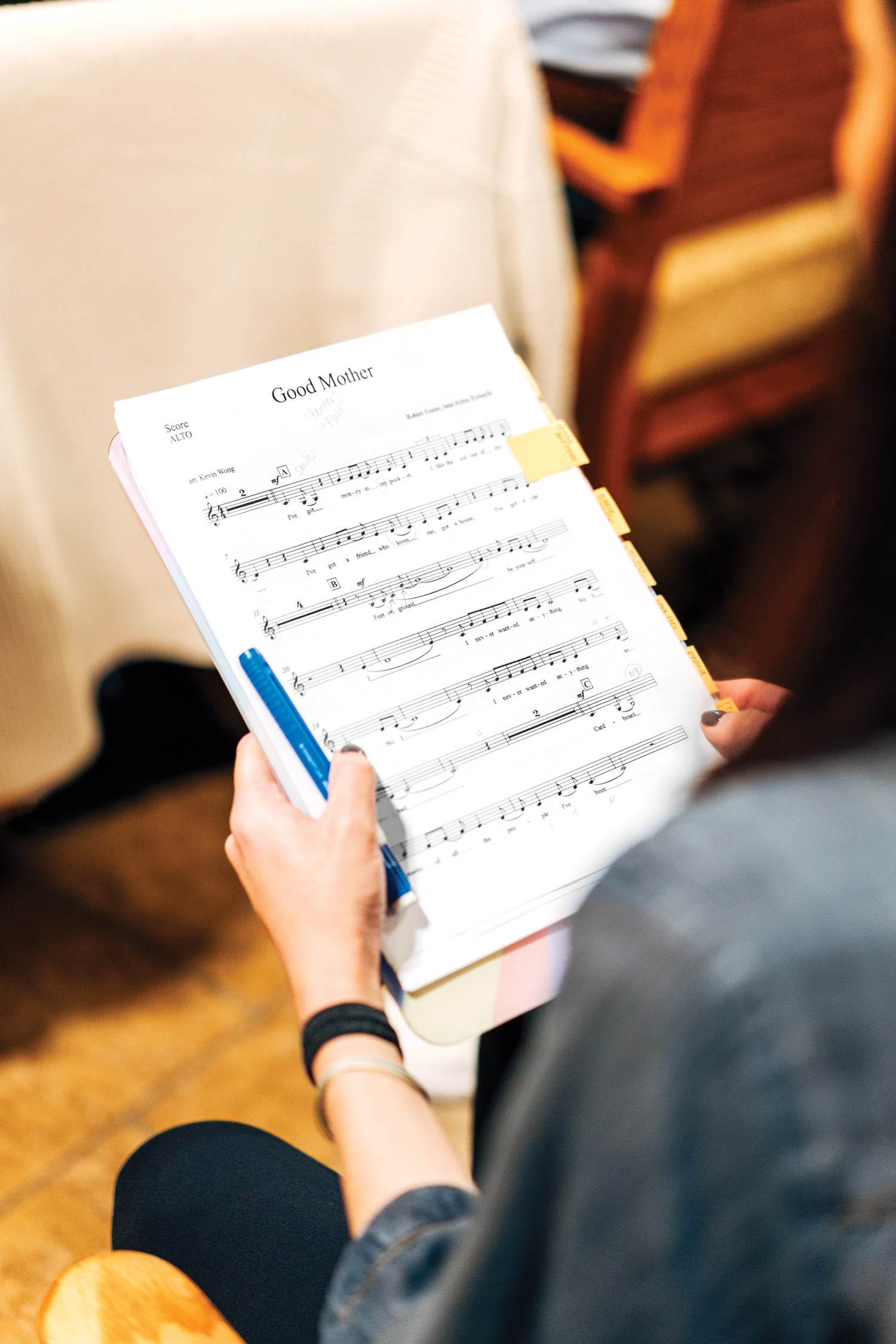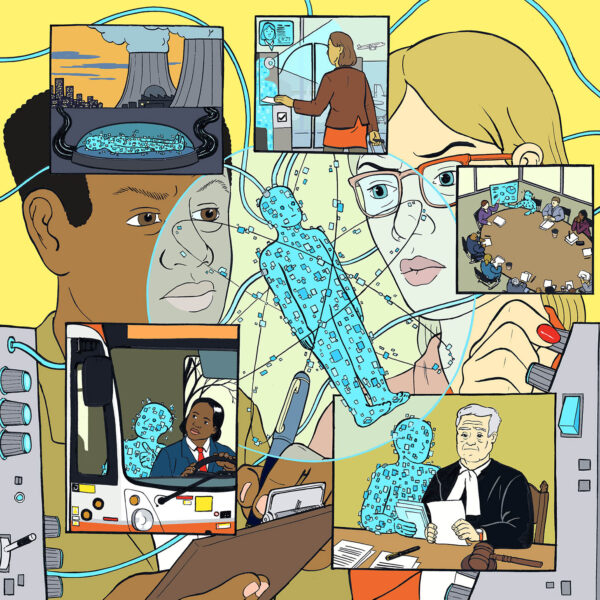A classically trained pianist who struggled with stage fright growing up, Early Childhood Studies professor Charlene Ryan started researching started researching performance anxiety in kids decades ago. At the time, the little research that existed focused on professional, adult musicians. Her study, in which she measured heart rate and anxious behaviour in 12-year-old pianists at various times before and during performances and interviewed children about anxiety, was groundbreaking. It showed the vast majority of kids experience some degree of performance anxiety when singing or playing an instrument for an audience. This can involve memory lapses, sweating, a racing heartbeat and other unpleasant symptoms.
“For some, that boost in adrenaline helps them perform really well,” Ryan explains. “For others, anxiety means they don't perform as well as they should, based on how they practise.” That can be a blow to kids’ self esteem and impact their performance anxiety and motivation for future performances.
Ryan's research spanning more than 20 years, along with studies by other researchers, has since confirmed performance anxiety is very common for young musicians. One study found 73 per cent of participants (adolescent musicians) judged anxiety as a negative influence on their performance. Most parents and educators still don’t know how to address it. “In general, teachers don't really want to talk to them about performance anxiety,” Ryan says. “If the student says ‘I'm nervous,’ they get responses like, ‘Oh, you'll be fine.’”
Today, Ryan is focusing her research on the best ways to respond to performance anxiety in kids. “The biggest thing is to normalize the experience,” she says. She encourages teachers and parents to tell young children and adolescents it’s normal to feel nervous, even if they don’t mention it. That way, it’s not stigmatized, and kids feel comfortable asking for advice. Teachers and parents can talk about their own experiences with performance anxiety, and describe their coping strategies.
Tips for helping kids with performance anxiety
- Have kids perform for smaller groups of relatives and friends, or perform for a loved one before a bigger recital
- Encourage kids to focus on a family member in a bigger audience
- Encourage kids to use breathing exercises before performing
- Distract kids during rehearsals to help them practise refocusing their attention
- Encourage kids to identify a part of the music they feel comfortable starting with if they’re thrown off
- Remind them that mistakes happen and that’s okay.
On top of her academic studies, Ryan also published a picture book for younger children called Hannabelle’s Butterflies and a chapter book for older children, Katherine Lost. Both normalize performance anxiety and offer strategies kids can use.
The books also highlight that mistakes happen, and that’s okay–a key message kids should hear. “For young musicians, everything is about refining, refining, refining. The message they're getting is that it needs to be perfect,” she says. Given that performance anxiety in kids is often driven by the fear of making mistakes in front of others, Ryan suggests countering this. “No one’s expecting it to be perfect,” she says. “There’s more to music than that.”
Related story:






